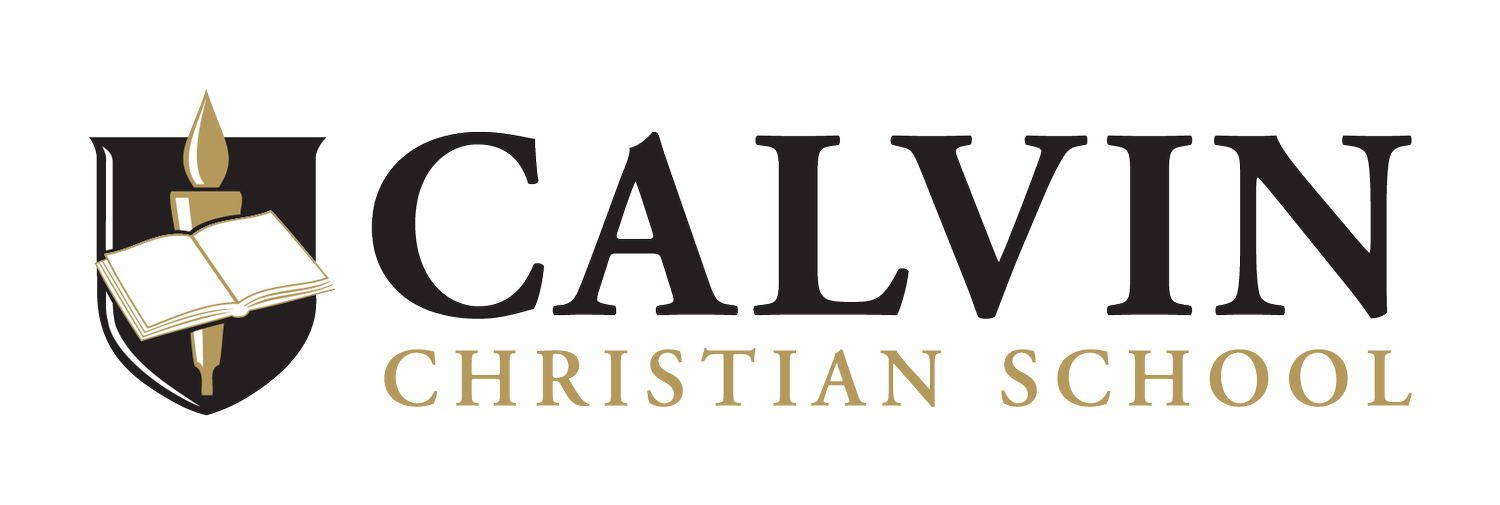Our family often plays a game called Rose, Thorn and Banana during meal times.
We go around each family member and ask them to share about their day.
Rose is something for which they are thankful.
Thorn is something that has been difficult or sad.
Banana is something that made them laugh.
It’s a great way to spark conversation, to encourage gratitude and also to acknowledge the different challenges we all face from day to day.
So how about my rose, thorn and banana for the past week?
“It’s a great way to spark conversation, to encourage gratitude and also to acknowledge the different challenges we all face from day to day.”
My rose is seeing how my colleagues have responded to the incredibly complex and demanding task of preparing a distance learning curriculum. They have risen to the challenge with courage, enthusiasm and a willingness to push themselves out of their comfort zones. Staff have been striving to understand and adapt new forms of technology, working quickly to troubleshoot problems and going over and above to support each other. They are to be highly commended and appreciated.
My thorn has been seeing the many ways that our everyday lives have changed due to the pandemic. I miss seeing our students every day. I miss times of conversation and community in our classrooms. I grieve with those who are suffering severe stress and anxiety due to the health and economic problems that our nation is facing.
And my banana? In the midst of it all we have had some incredible laughs. Last week saw a range of student activities: a scavenger goose chase throughout the school, a surprise Easter egg hunt and many moments of laughter and comic relief. I am truly thankful for it all.
My children have added different categories to our game over the years. The category pancake refers to the favourite food we have eaten in our week. The category Christmas refers to something we are looking forward to. When I think of my Christmas—wow, the things I am looking forward to. I know that they are things I’ve taken for granted until very recently:
Being in the same building with my church family, worshipping together
Hugging my mum
Hosting our Connect group in our house full of kids and noise and chaos and community
Seeing our school once again full of students and activity
But more than all of this, I am longing to see what God will do in the midst of our world. I am longing for God’s healing of the sick and broken-hearted. Psalm 84 says, ‘my heart and my flesh cry out for the living God’. I know that many of you join me in that cry for God’s grace, mercy and peace to be poured out in our world.
Stelle Carmichael – Head of Students




